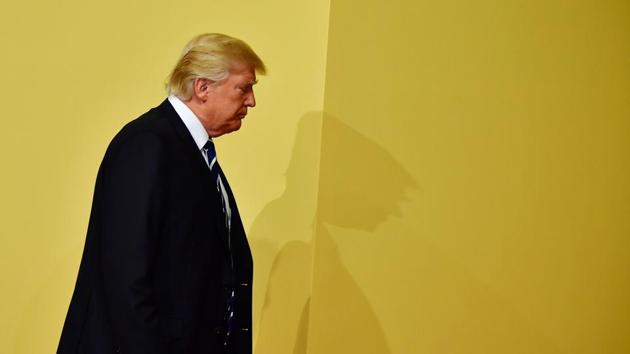G20 Summit: US stand on Paris climate deal unbecoming of its superpower status
The need to tackle climate change was one of the bedrock international understandings of recent times. US President Donald Trump has regressed on that
The Group of Twenty (G20) major economies of the world failed, for the first time, to have a full consensus on their joint statement. The United States put in a note of dissent regarding support for the Paris agreement on climate change. This was pathbreaking in a negative sense for two reasons. One, the G20 was created by Washington and the US’ willingness to undermine the credibility of this multilateral forum does not bode well for the body’s future. Two, the need to tackle climate change was one of the bedrock international understandings of recent times. Fortunately, the Trump administration’s scepticism has at least led the other member-states to strengthen their commitment to Paris.

It is not the first time the US or some other major power has decided to set itself apart from the rest. But it is rare for them to do so on something as fundamentally important as climate change. More worrying is that US President Donald Trump seems willing to sacrifice his country’s long-term credibility influence in return for the most symbolic of actions to keep his voter base back home pleased. This almost the opposite of what strategy means and how a superpower is supposed to act. However, it also says something that the Paris agreement is likely to go ahead without US involvement and if local governments in the US put up enough resistance, Mr Trump’s defiance may not make much difference.
The future of multilateralism itself is now unclear. Talk of a German-Chinese axis or some other combination of middle powers taking a global leadership role proved overblown. Instead, temporary coalitions around specific issues were formed but often the same countries found themselves on opposite sides in regard to some other global problem. India, for example, supported Paris but was happy at the US-inspired clause in support of clean fossil fuel technology. Germany, Japan and China were on the same side on free trade but not much else. If the US continues to regress in multilateral diplomacy, this may be the future of international cooperation and governments like India should adjust accordingly.



